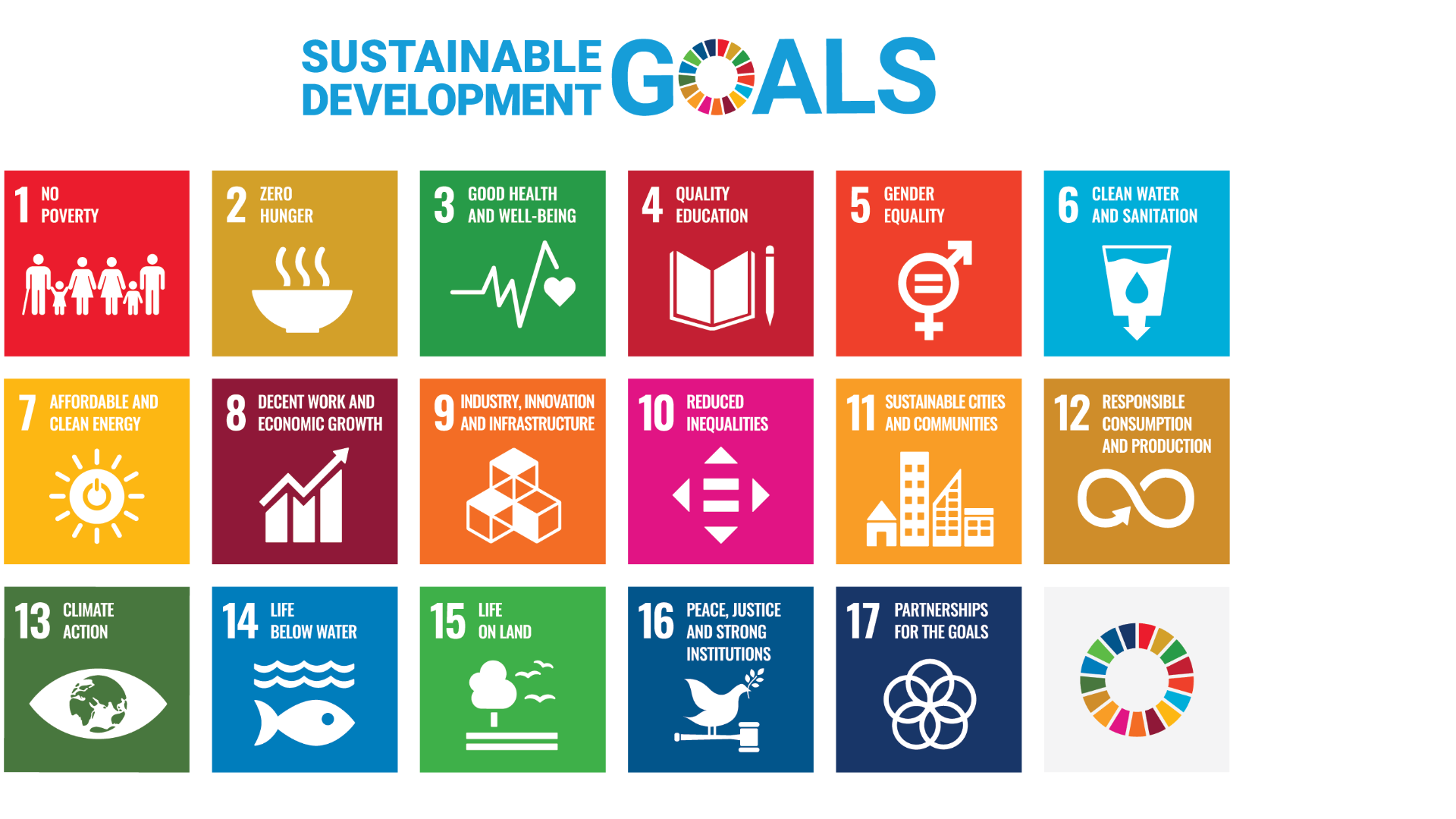The Institute of Rehabilitation, Jamk University of Applied Sciences (Jamk), is working on and investing in transformative approach in addressing the global need for multidisciplinary rehabilitation services through the development of an AI in Rehabilitation (AIRe) platform. This initiative aligns with the Sustainable Development Goals (SDGs) by leveraging digital innovation to improve health and well-being, ensure inclusive and equitable quality rehabilitation and foster partnership and innovation. This short summary elaborates on how the AIRe Platform project can contribute to supporting these global objectives, underlining also its potential to scale rehabilitation services new way.
Goal 3: Good Health and Well-being
AIRe-Platform is designed to directly contribute to SDG 3 by enhancing access to quality rehabilitation services. Through the innovative use of AI, the platform enables self-assessment of clients' functioning and facilitates a seamless referral to appropriate services. This human-centered approach ensures that rehabilitation services are tailored to meet individual needs, thereby improving health outcomes and promoting inclusion and well-being for all ages.
Goal 4: Quality Education
Initiative will require new competencies from health- and rehabilitation work force. Thus, it supports SDG 4 by identifying new skills needed and contributing to the development of innovative learning opportunities. In addition, the collaborative nature of the AIRe Platform development, involving technology companies, end-users, and multidisciplinary experts, serves as a valuable educational resource. It promotes lifelong learning opportunities by sharing good practices, reforming approaches and processes, and fostering co-creation.
Goal 9: Industry, Innovation, and Infrastructure
The AIRe-Platform project relates to SDG 9 by developing resilient infrastructure and promoting inclusive and sustainable digital ecosystem model to enable digital-first rehabilitation through the platform. The platform's open-source framework and modular design encourage innovation, making rehabilitation services more efficient and accessible. Platform is developed towards being part of the digital public goods.
Goal 10: Reduced Inequalities
By improving the accessibility of digital rehabilitation services, the AIRe-Platform addresses SDG 10's aim to reduce inequalities. Its human and user-centric development process ensures that individuals, including those with disabilities, have equitable access to rehabilitation services. This approach mitigates disparities in social- and health systems and supports the integration of marginalized communities into the service delivery systems.
Goal 17: Partnerships for the Goals
The AIRe-Platform contributes also to SDG 17 through its extensive collaboration between Jamk, technology companies, service providers, and end-users in different parts of the world. This partnership model encourages open dialogue and co-creation, leveraging collective expertise to advance the field of digital rehabilitation. Such collaborations are crucial for sharing knowledge, fostering innovation, and achieving sustainable development. Especially low- and middle-income countries have opportunity to further develop the AIRe-Platform thus decreasing costs for the future.
Finally, The Institute of Rehabilitation is set to redefine the landscape of digital rehabilitation through the AIRe-Platform. As the platform evolves, it promises not only to enhance the quality and accessibility of rehabilitation services but also to serve as a model for sustainable development in the digital space. The commitment to involving end-users in the development process and focusing on accessibility and inclusivity increases the potential of the AIRe-Platform to make a significant impact around the world, including Finland.

